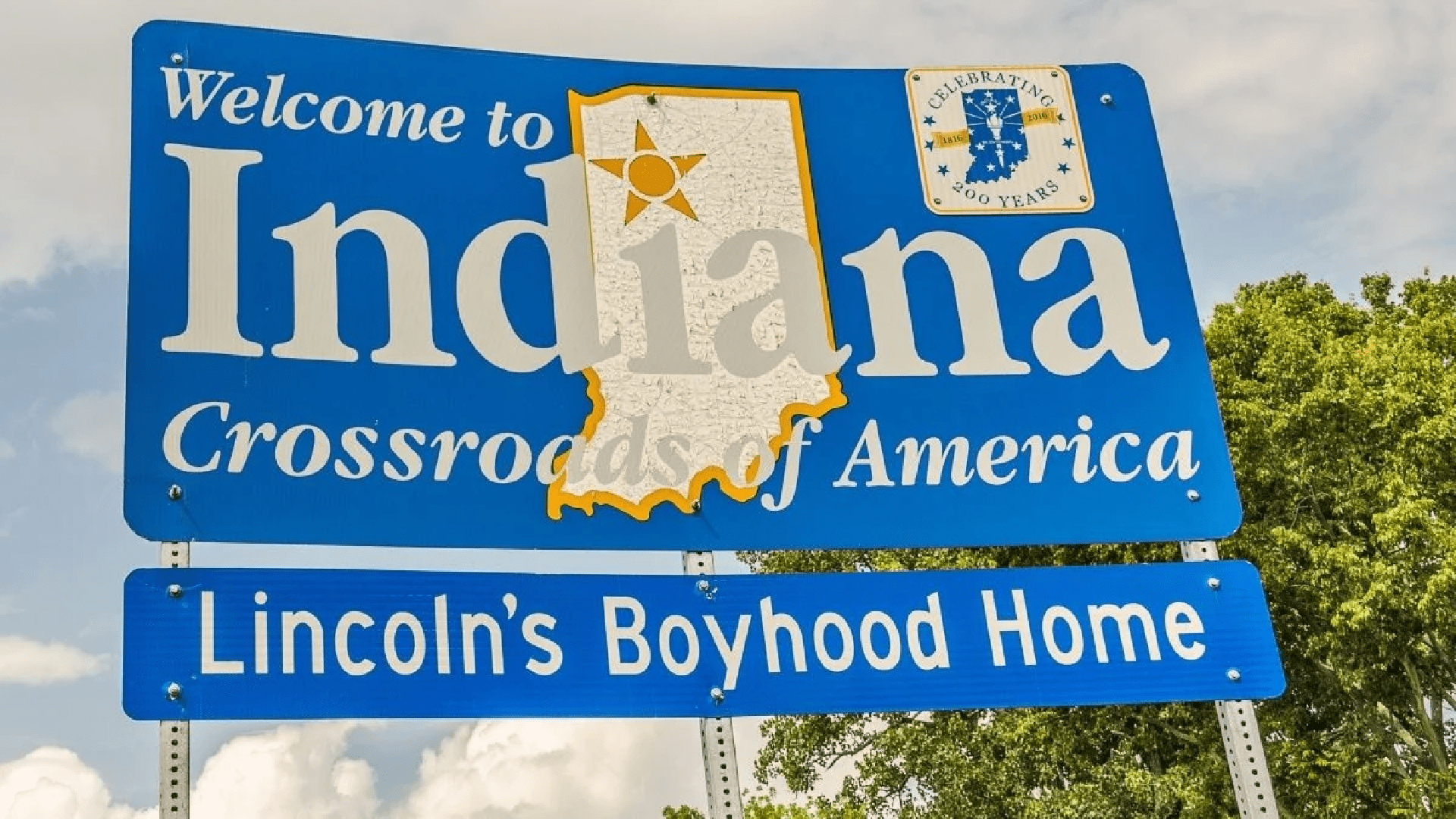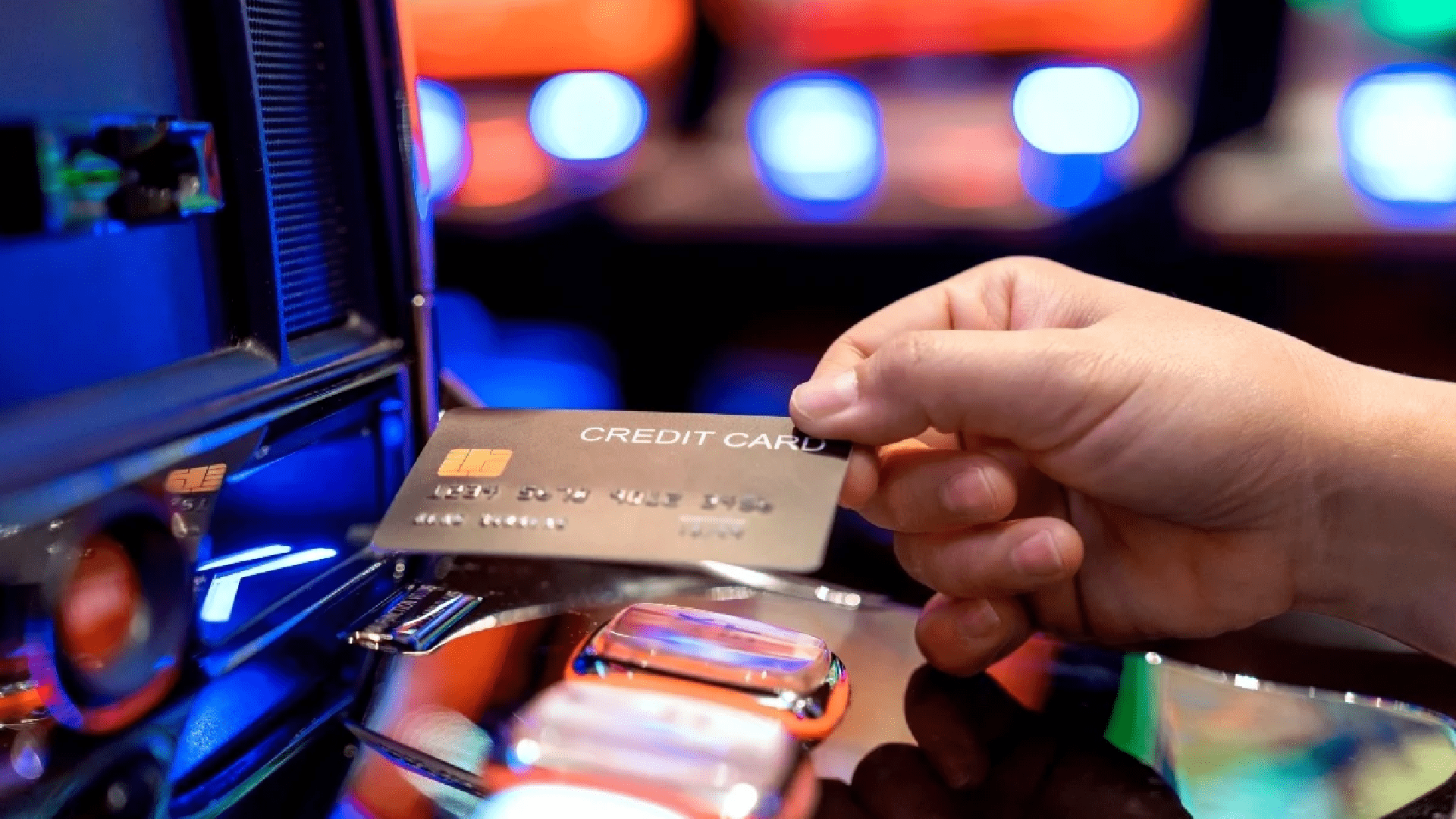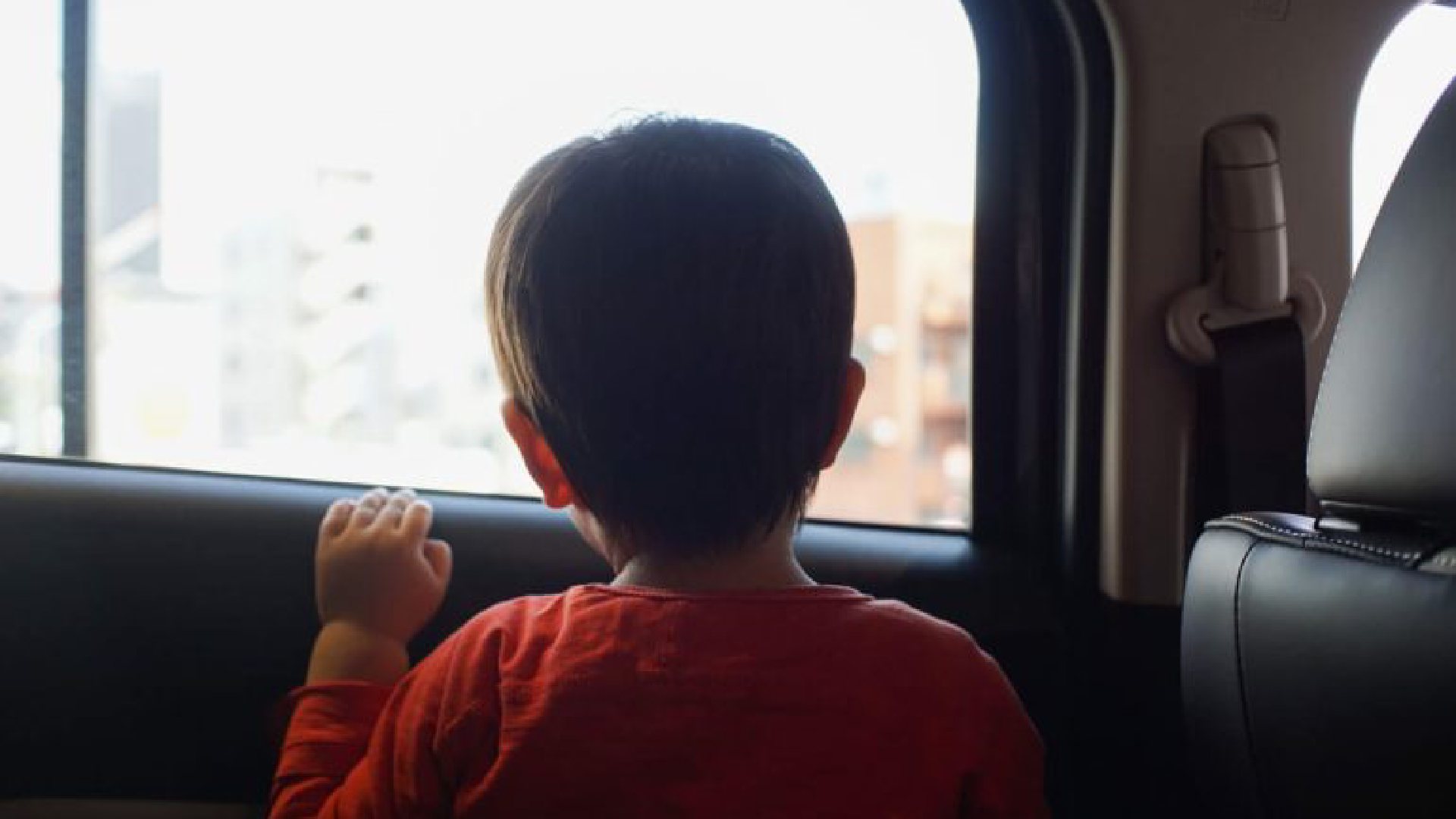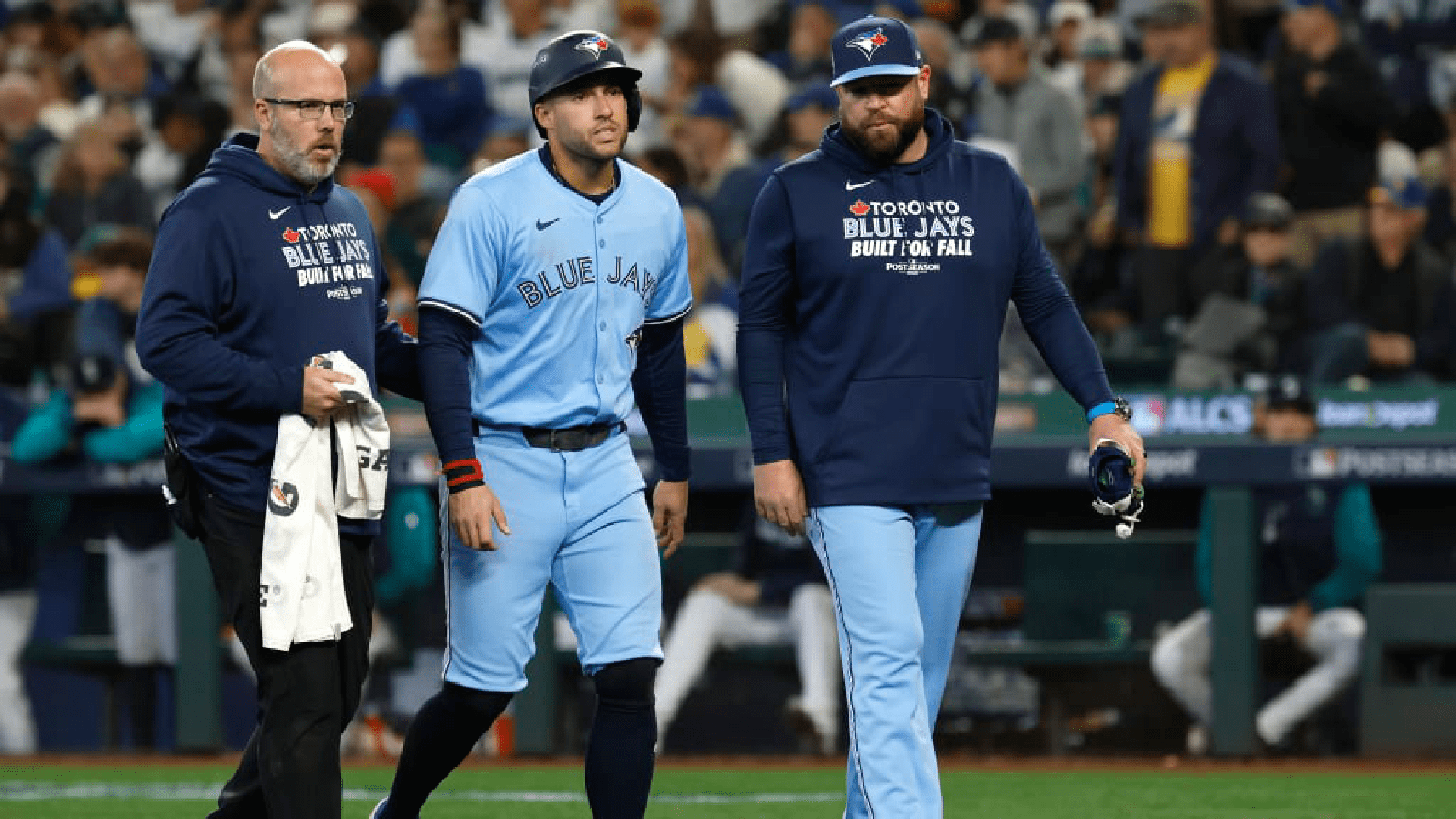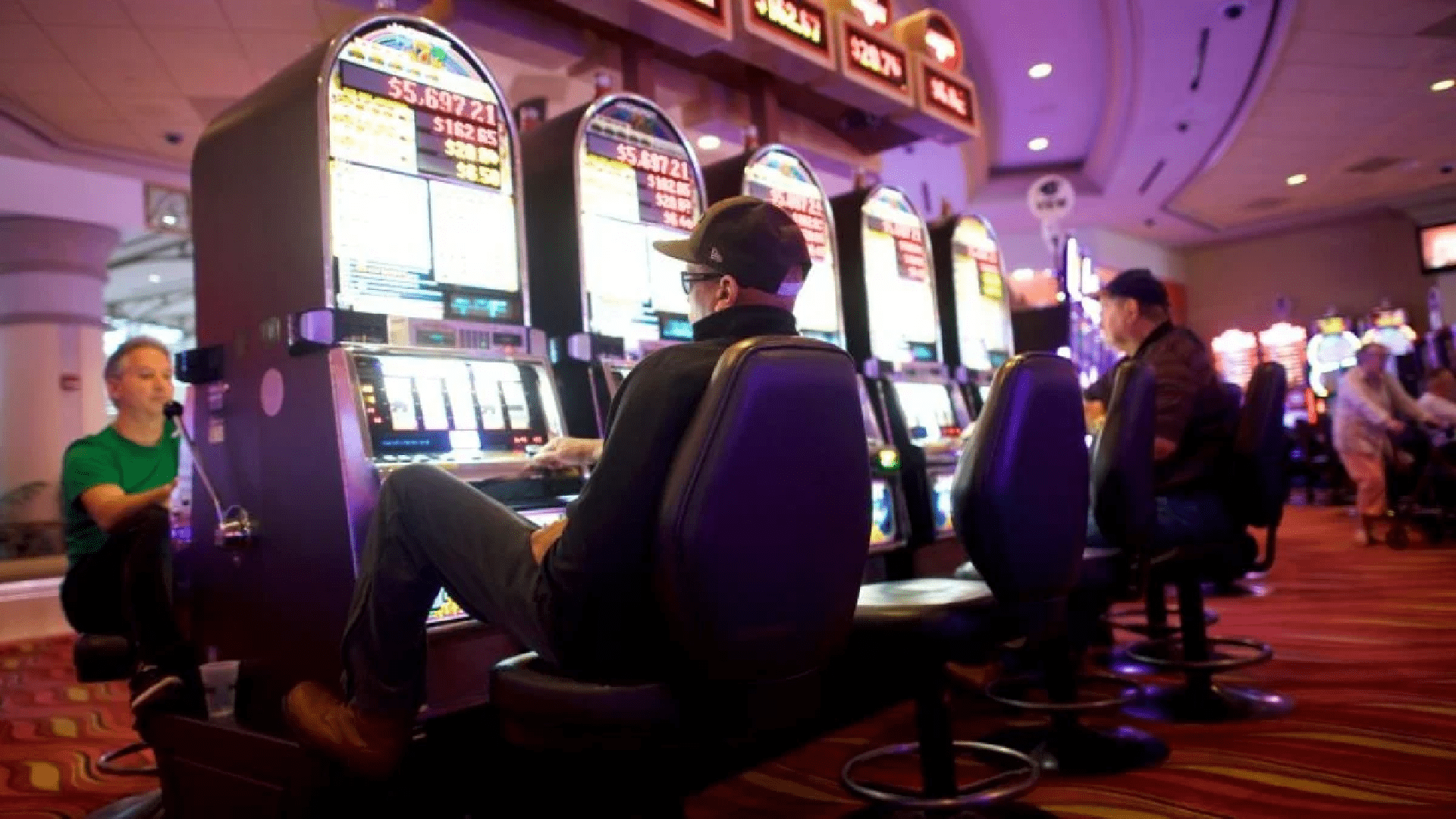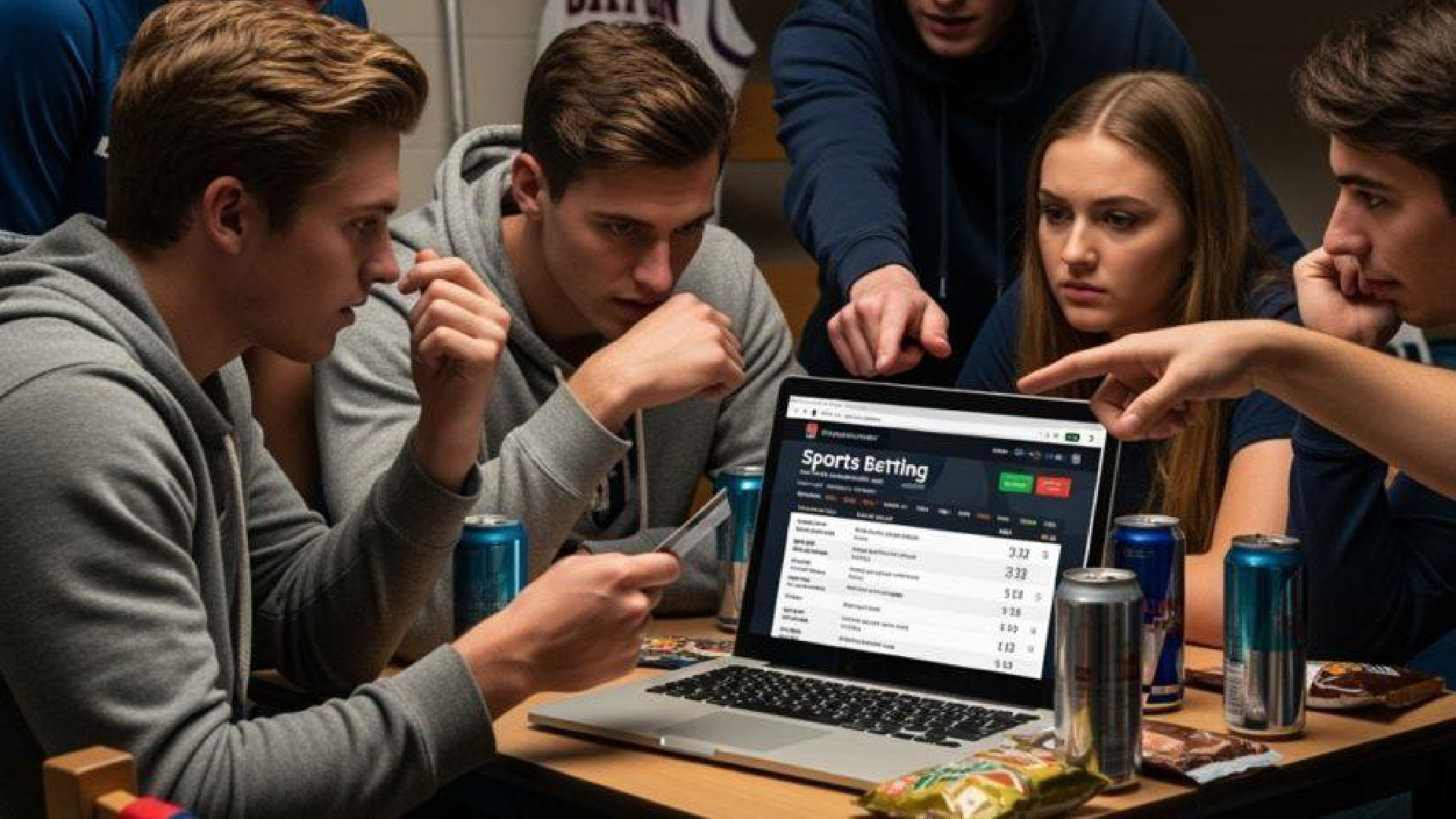
NCAA Will Likely Allow College Student-Athletes to Gamble on Pro Sports
Proposals to permit Division I, II, and III student-athletes to wager on professional sports are likely to be approved by the NCAA.
In May, Todd Shriber of Casino.org reported that a proposed rule change was almost unanimously approved by the Division I Board of Directors and sent to the D-1 Council for review. The bill proposed changing the NCAA's prohibition on student-athletes wagering on professional sports. Violators would face consequences, such as losing their eligibility.
A proposal to permit collegiate athletes and members of the athletics department to engage in legal sports betting on professional sports was approved by the NCAA Division I Administrative Committee on Wednesday. College athletes will be permitted to wager on professional sports starting on November 1, 2025, if Divisions II and III approve the regulation at their separate meetings later this month.
“The Administrative Committee was clear in its discussion today that it remains concerned about the risks associated with all forms of sports gambling but ultimately voted to reduce restrictions on student-athletes in this area to better align with their campus peers,” said Josh Whitman, committee chair and athletic director of the University of Illinois.
All student-athletes and AD staff are prohibited from wagering on sports under the NCAA's existing regulations.
"Healthful Practices"
It takes a lot of work to keep an eye on over 540K NCAA student-athletes from more than 1,000 member schools in 24 different sports. To make sure that the public continues to abide by its sports betting laws, the NCAA has engaged with a number of third-party monitoring organizations that employ a variety of technological tools.
The difficult effort would be lessened if the pro sports betting ban were lifted. In contrast to certain offshore, uncontrolled online sportsbooks, Whitman says it would also enable collegiate athletes who appreciate sports betting to do so with a regulated operator with responsible gaming measures.
"This change allows the NCAA, the conferences, and the member schools to focus on protecting the integrity of college games while, at the same time, encouraging healthy habits for student-athletes who choose to engage in betting activities on professional sports,” Whitman said.
The NCAA's medical staff also expressed support for permitting collegiate athletes to wager on professional sports in a controlled setting.
“Abstinence-only approaches to social challenges for college-aged individuals are often not as successful as approaches that focus on education about risks and open dialogue. This harm reduction approach gives schools an opportunity to help student-athletes make educated decisions, prevent risky behavior, and seek support without fear of impacting their eligibility,” said Dr. Deena Casiero, NCAA chief medical officer.
The Gambling Aspect of College Life
Due to the country's acceptance of legal sports betting, gambling has become an essential component of college life.
According to a 2023 NCAA-commissioned study, 67% of college students "engage in sports betting on a somewhat regular basis."
Approximately 16% of college students have engaged in at least one dangerous betting practice, and over four out of ten have wagered on their school.



